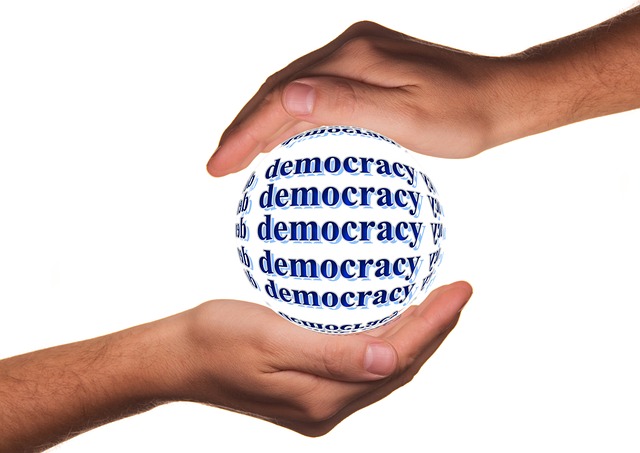
What is Democracy? Why Democracy?
Chapter Overview
This chapter introduces the concept of democracy, its meaning, and its significance in the modern world. It explores the fundamental principles of democracy, compares democratic and non-democratic forms of government, and discusses why democracy is considered the best form of governance.
Democracy: A system of government where the citizens exercise power by voting, either directly or through elected representatives.
Features of Democracy
- Free and fair elections
- Rule of law and respect for rights
- Majority rule with minority rights
- Accountability and transparency in governance
- Political equality and participation
Why Democracy?
Democracy is preferred over other forms of government because:
- It promotes equality among citizens.
- It enhances the dignity of individuals.
- It improves decision-making through discussion and debate.
- It provides a method to resolve conflicts peacefully.
- It allows for correction of mistakes.
Arguments Against Democracy
Some criticisms of democracy include:
- Leaders keep changing, leading to instability.
- Democracy is about competition and power play, with no scope for morality.
- Delays in decision-making due to consultations and discussions.
- Ordinary people may not know what is good for them.
Broader Meaning of Democracy
Democracy is not just about elections but also includes:
- Social and economic equality.
- Protection of fundamental rights.
- Decentralization of power.
- Active participation of citizens in governance.
Non-democratic government: A system where power is concentrated in the hands of a few, and citizens have little or no role in decision-making.
Conclusion
Democracy is considered the best form of government as it ensures the participation of people in governance, protects their rights, and promotes equality. Despite its challenges, democracy remains the most preferred system globally.
